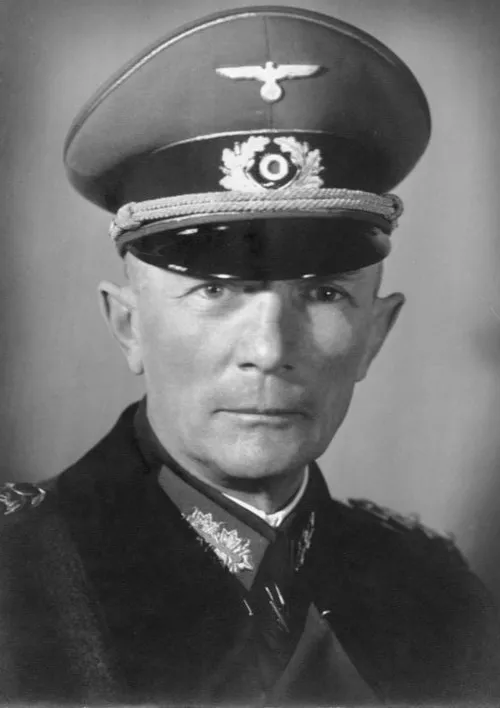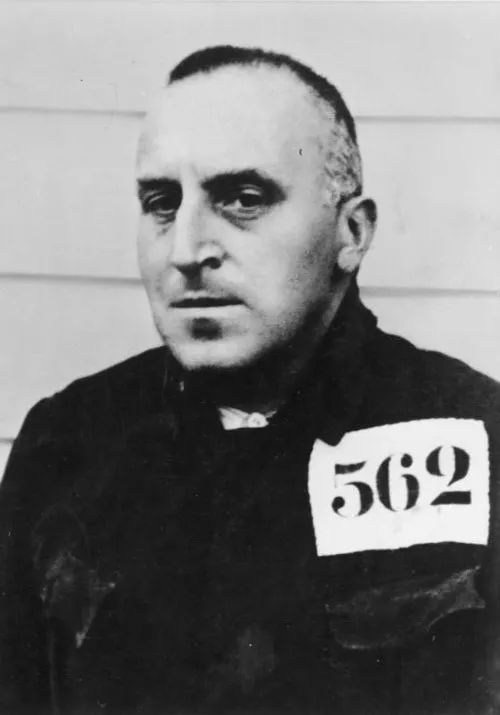
Name: Mohammed Abdel Wahab
Nationality: Egyptian
Profession: Singer-songwriter and mandolin player
Birth Year: 1902
Death Year: 1991
The Legacy of Mohammed Abdel Wahab: A Musical Titan's Journey
In the heart of Cairo, amidst the vibrant sounds of street vendors and the aromatic allure of spices, a boy was born in 1902 who would one day change the face of Arabic music forever. Mohammed Abdel Wahab emerged from humble beginnings, growing up in a working-class neighborhood where life was a mosaic of struggles and dreams. He quickly developed an affinity for music one might say it was woven into his very being. As he wandered through the bustling markets, the melodies that danced in the air seemed to whisper promises of greatness.
As a young boy, Wahab’s fascination with music blossomed when he heard traditional singers serenading crowds at local celebrations. However, it wasn't just traditional folk songs that captured his imagination; he yearned to blend these ancient sounds with more contemporary influences. At only 15 years old, he took his first bold step into the world of music by performing publicly a move that would eventually lead him to become a household name across the Arab world.
His early career was marked by an insatiable quest for innovation. Perhaps it was during one fateful summer afternoon that he stumbled upon a forgotten mandolin tucked away in an old shop filled with relics from yesteryear. This seemingly insignificant moment transformed his musical journey; he began incorporating this string instrument into his compositions, creating unique arrangements that captivated audiences and distinguished him from other artists.
Musical Beginnings and Style
Wahab's interest in music ignited at an early age. He was born into a modest family, and his exposure to Egyptian musical traditions greatly influenced his artistic development. As a young man, he learned to play the mandolin and later became proficient in other instruments, laying the groundwork for his multifaceted musical career.
His style is characterized by a blend of traditional Arabic music with Western influences, including orchestration and harmonization, which was relatively novel in the mid-20th century. This unique fusion allowed him to appeal to a broad audience, making his music accessible while preserving the rich heritage of Arabic sounds.
Notable Works and Contributions
Throughout his career, Mohammed Abdel Wahab composed numerous songs that became timeless classics, including “Alf Leila Wa Leila”, , and “Enta Omri”. His collaborations with some of the greatest singers and musicians of his time, including the legendary Umm Kulthum, only further solidified his status in the music world.
Wahab was not just a prolific songwriter; he was also a visionary who sought to elevate Egyptian music on a global scale. He was instrumental in modernizing Arabic music by incorporating elements of jazz, classical, and other genres, thus creating a new sound that resonated with younger generations.
Legacy and Impact
Wahab's contributions to Arabic music remain unparalleled. His innovative spirit and dedication to his craft have left a lasting legacy that influences contemporary artists. Many modern singers continue to draw inspiration from his work, and his songs remain staples in the repertoires of performers across the Arab world.
In recognition of his extraordinary contributions, Wahab received numerous awards during his lifetime, including the prestigious State Prize for Arts in 1972. After his passing on May 4, 1991, in Cairo, his legacy only continued to grow. Today, he is celebrated not only as a musical icon but also as a cultural ambassador who brought Arab music to the global stage.
The Rise to Stardom
As Mohammed Abdel Wahab's fame spread like wildfire across Egypt and beyond, so did whispers about his captivating voice and poetic lyrics. Despite this surge in popularity, there were challenges lurking around every corner. The traditionalists viewed him as a threat; they believed he strayed too far from established norms by integrating Western styles into Arabic music an act they deemed sacrilegious.
Yet Wahab’s determination never wavered. He released hit after hit throughout the late '20s and '30s each song encapsulating complex emotions with vivid imagery that resonated deeply within listeners' hearts. Ironically, while some critics vilified him for abandoning tradition, countless fans flocked to see him perform live at packed venues across Cairo the very essence of rebellion against stagnation manifested on stage!
A Visionary Collaborator
During this tumultuous period in Egyptian history marked by political upheaval and societal changes post-World War II Wahab became not just an artist but also a visionary collaborator who recognized immense talent wherever it bloomed! He worked alongside some extraordinary composers and lyricists like Ahmad Rami; together they created timeless classics infused with romance and sometimes despair that evoked powerful emotions.
This partnership bore fruit when they released “El-Mahboub” , which became an anthem for lovers yearning for connection amid chaos… This song illustrated how despite wars raging beyond their borders or poverty plaguing their communities the human spirit still found ways to celebrate love! Who knows how many hearts were united through its verses?
A Groundbreaking Career Transition
The evolution of Mohammed Abdel Wahab didn’t stop at being merely an icon on stage; he had aspirations beyond performance! In fact in yet another twist Ironic though it may seem he made history when he ventured into film scoring during Egypt's golden age cinema era! His compositions adorned popular films showcasing legendary actors such as Faten Hamama the enchanting star whose beauty mesmerized audiences across generations!
This leap not only showcased Wahab’s versatility but also solidified his status as one of Egypt’s most revered artists some might argue even transcending regional boundaries entirely! His soundtracks were rich tapestries woven together using strings & rhythms designed specifically tailored for cinematic storytelling they transported viewers directly into emotional landscapes unlike any before...








